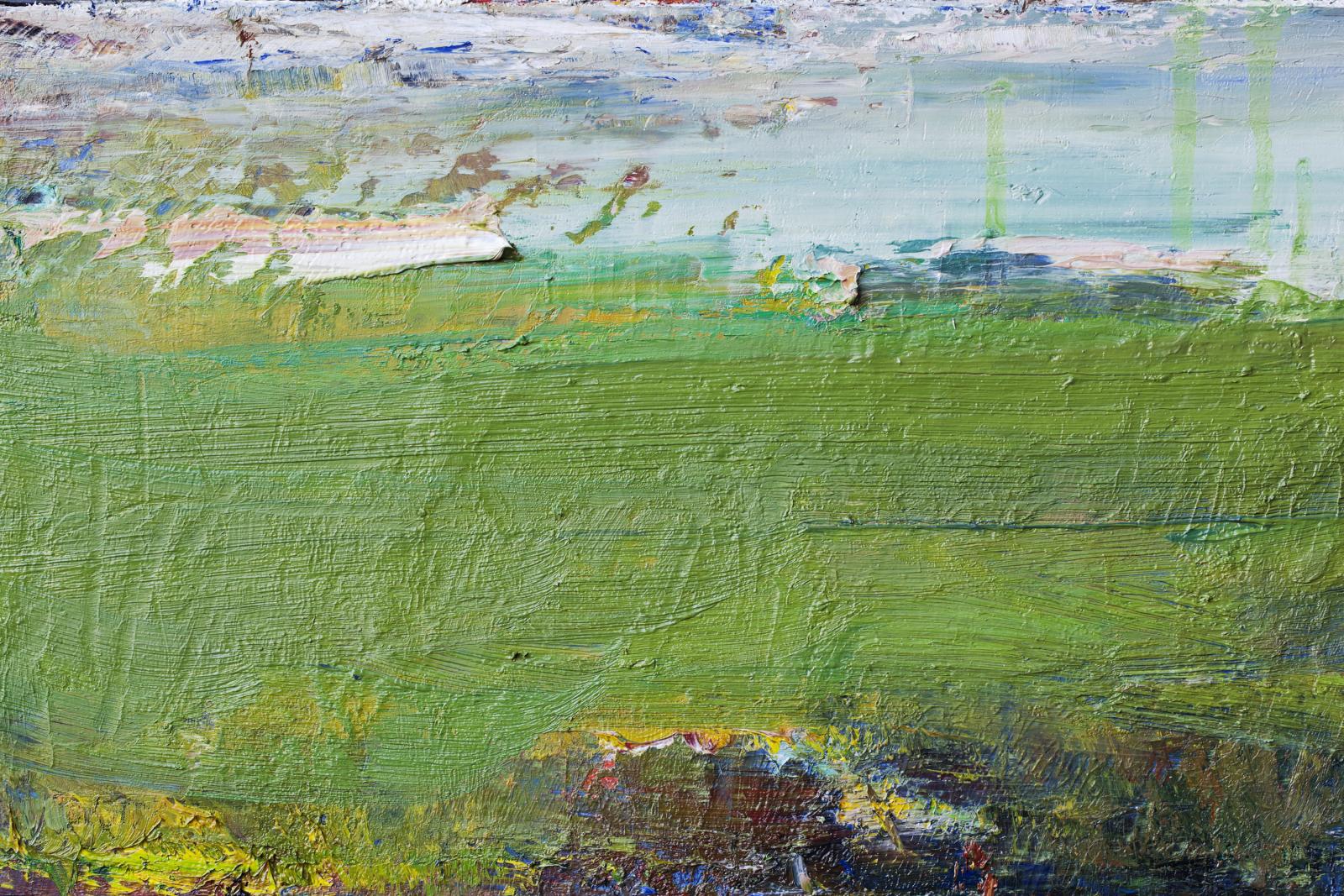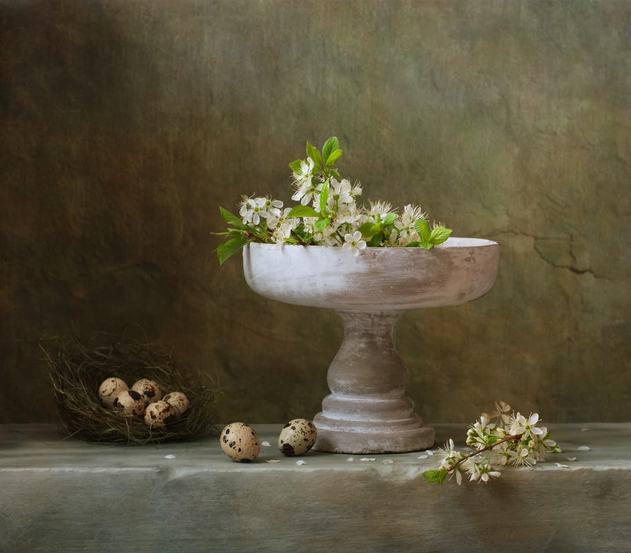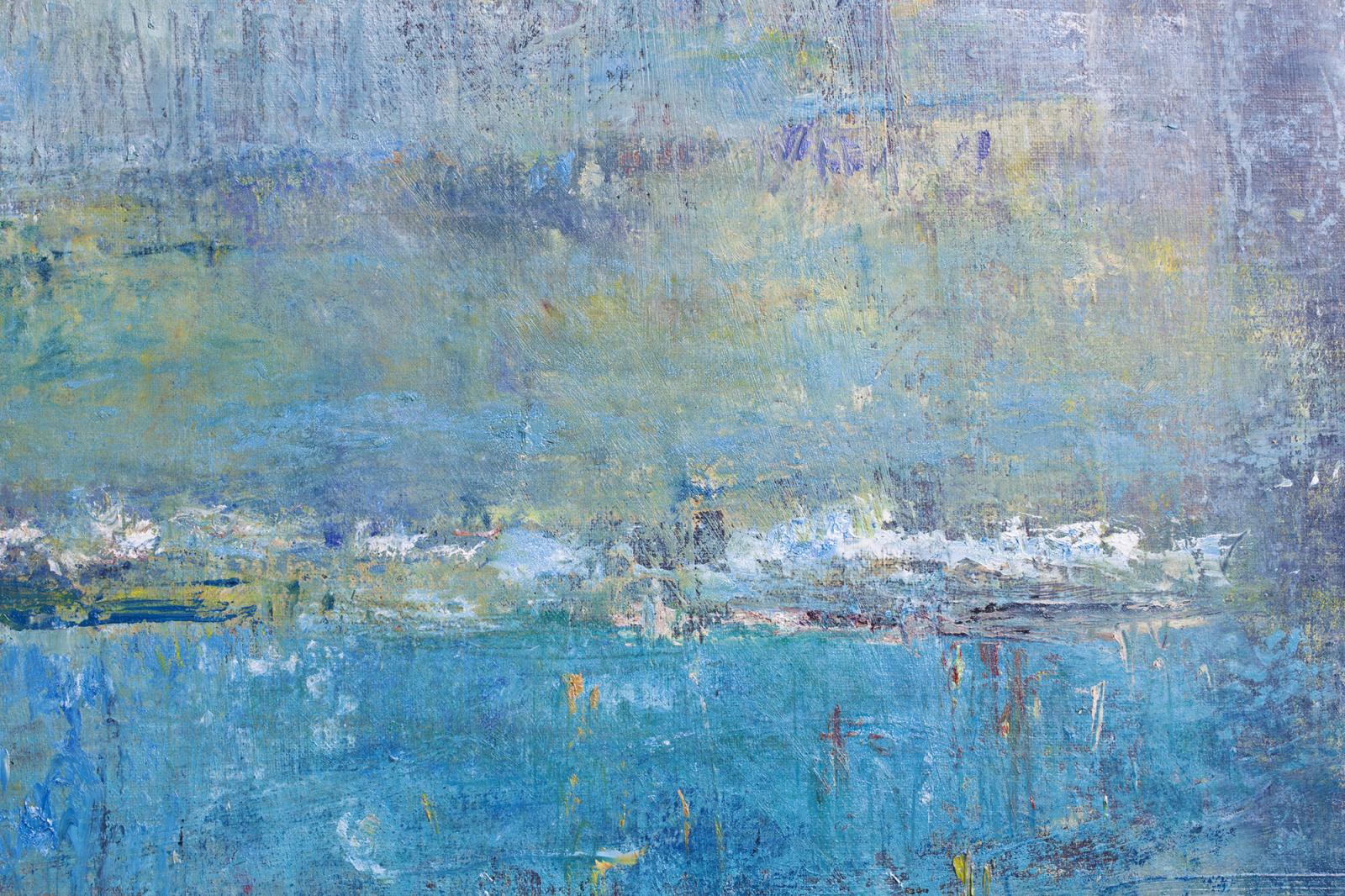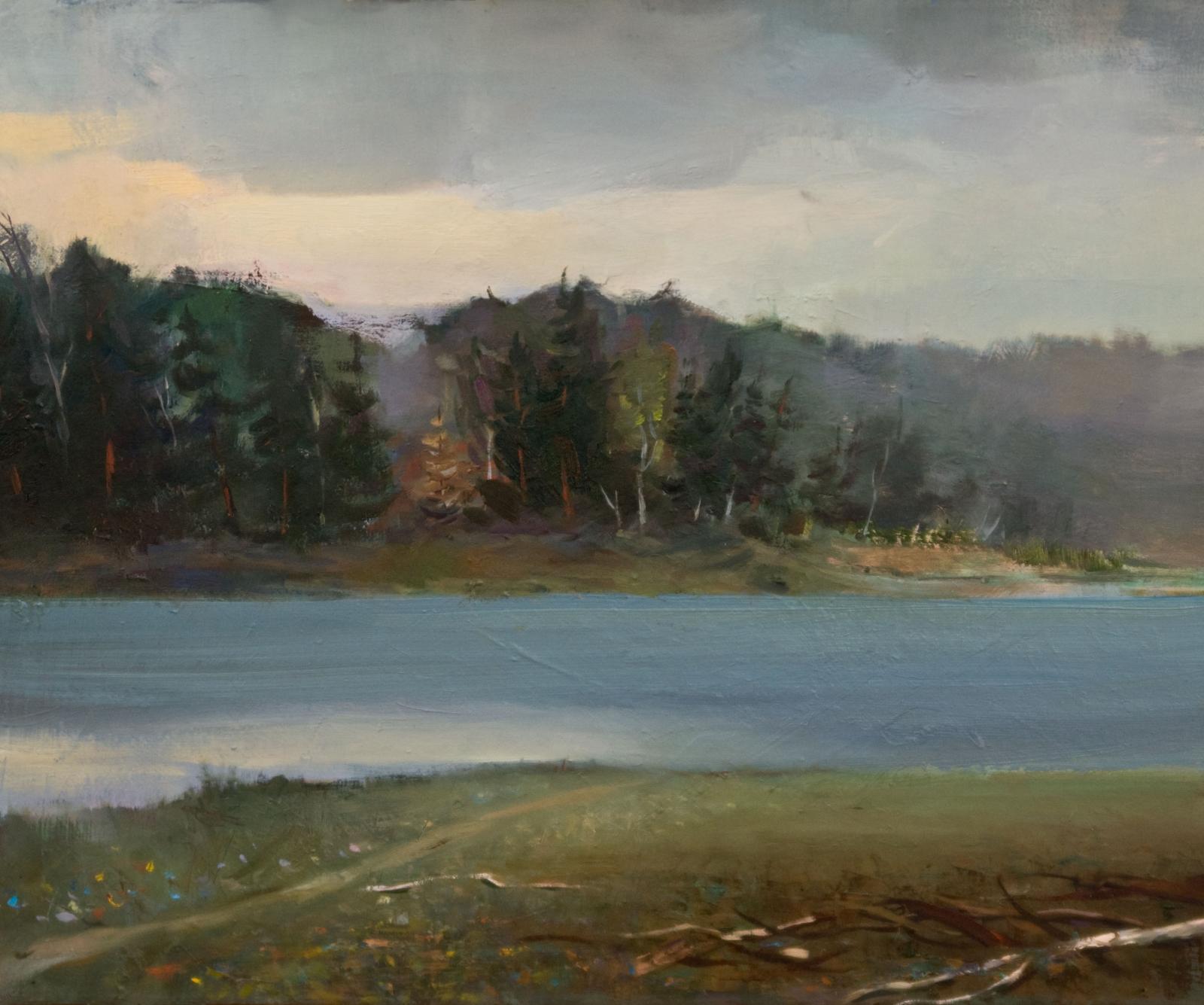




A review of my most recent work.
He was the oldest surviving child of Theodorus van Gogh, a minister of the Dutch Reformed Church, and Anna Cornelia Carbentus. Van Gogh was given the name of his grandfather, and of a brother stillborn exactly a year before his birth.[note 2] Vincent was a common name in the Van Gogh family: his grandfather, Vincent (1789–1874), who received a degree in theology at the University of Leiden in 1811, had six sons, three of whom became art dealers. This Vincent may have been named after his own great-uncle, a sculptor (1729–1802).
Van Gogh's mother came from a prosperous family in The Hague,[20] and his father was the youngest son of a minister.[21] The two met when Anna's younger sister, Cornelia, married Theodorus's older brother Vincent (Cent). Van Gogh's parents married in May 1851 and moved to Zundert.[22] His brother Theo was born on 1 May 1857. There was another brother, Cor, and three sisters: Elisabeth, Anna, and Willemina (known as "Wil").
In later life Van Gogh remained in touch only with Willemina and Theo. Van Gogh's mother was a rigid and religious woman who emphasised the importance of family to the point of claustrophobia for those around her. Theodorus's salary was modest, but the Church supplied the family with a house, a maid, two cooks, a gardener, a carriage and horse, and Anna instilled in the children a duty to uphold the family's high social position. Van Gogh was a serious and thoughtful child. He was taught at home by his mother and a governess, and in 1860 was sent to the village school. In 1864, he was placed in a boarding school at Zevenbergen,[27] where he felt abandoned, and campaigned to come home. Instead, in 1866 his parents sent him to the middle school in Tilburg, where he was deeply unhappy.
His interest in art began at a young age. He was encouraged to draw as a child by his mother,[29] and his early drawings are expressive,[27] but do not approach the intensity of his later work.
Constant Cornelis Huijsmans, who had been a successful artist in Paris, taught the students at Tilburg. His philosophy was to reject technique in favour of capturing the impressions of things, particularly nature or common objects. Van Gogh's profound unhappiness seems to have overshadowed the lessons, which had little effect.[31] In March 1868, he abruptly returned home. He later wrote that his youth was "austere and cold, and sterile". In July 1869 Van Gogh's uncle Cent obtained a position for him at the art dealers Goupil & Cie in The Hague.[33] After completing his training in 1873, he was transferred to Goupil's London branch on Southampton Street, and took lodgings at 87 Hackford Road, Stockwell.[34] This was a happy time for Van Gogh; he was successful at work, and at 20 was earning more than his father.
Theo's wife later remarked that this was the best year of Vincent's life. He became infatuated with his landlady's daughter, Eugénie Loyer, but was rejected after confessing his feelings; she was secretly engaged to a former lodger. He grew more isolated, and religiously fervent. His father and uncle arranged a transfer to Paris in 1875, where he became resentful of issues such as the degree to which the firm commodified art, and was dismissed a year later.
https://en.wikipedia.org/wiki/Vincent_van_Gogh